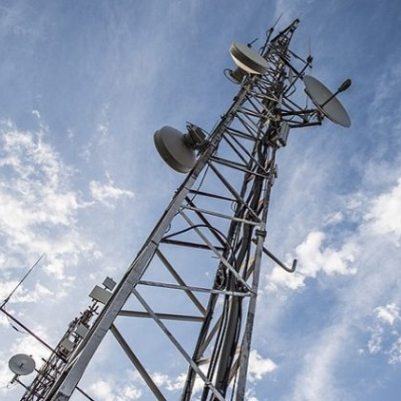  The Supreme Court Monday asked the Centre and telecom operator BSNL to respond to a plea seeking to quash an agreement for use of "outdated" 2G technology in Arunachal Pradesh and two districts of Assam. A bench of Justices Madan B Lokur and Deepak Gupta issued notices to the Centre and Bharat Sanchar Nigam Limited (BSNL) as the petitioner claimed that 2G technology was used in these areas despite the fact that telecom regulator Trai and the DoT had themselves said it was outdated.
The plea, filed by NGO Telecom Watchdog, has challenged the Delhi High Court's August 13 order by which its plea in the regard was dismissed.
Advocate Prashant Bhushan, appearing for the NGO, told the bench that there was a direction from the communications ministry that in future, all mobile networks would be 4G but in two districts of Assam and entire Arunachal Pradesh, 2G towers were being installed.
He alleged that as per the contract for the work, the cost was Rs 80 lakh per tower but it should have been Rs 11 lakh per tower for 2G based technology.
The plea has sought to quash the agreement signed between the Department of Telecom (DoT) and state-owned BSNL on January 16 this year mandating use of an outdated technology 2G, which was being purchased at huge cost of Rs 2,258 crore from two private companies with "malafide intention".
"2G and 3G technologies have already been declared by Telecom Regulatory Authority of India (TRAI) as 'yester-years' technology," the plea said.
It claimed that the agreement was "discriminatory" as the Telecom Commission had last year decided to have 2G+4G technology but excluded Arunachal Pradesh and two districts of Assam - Karbi Anglong and Dima Hasao - for "no reason".
"Move to deploy an outdated 2G technology in Arunachal Pradesh and two districts of Assam is to wrongly enrich two private companies at the cost of exchequer," it alleged.
The plea further said that as per the Indian Telegraphy Act, the government was obliged to provide all types of telegraphy services at affordable rates to rural and unconnected areas.
According to the plea, a separate universal service obligation (USO) fund, which was in operation since 2002, has an unspent amount of Rs 48,393 crore as on June 30 this year, which cannot be used for any other purposes.
USO fund is collected from the consumers of telecom services to provide financial support to operators to provide services in uncovered villages.
"Substantial public money will go down the drain if the agreement is not quashed. Such public funds cannot be allowed to be wasted in this manner in buying an outdated 2G technology for the benefit of private companies," it said.
(Reported PTI) |